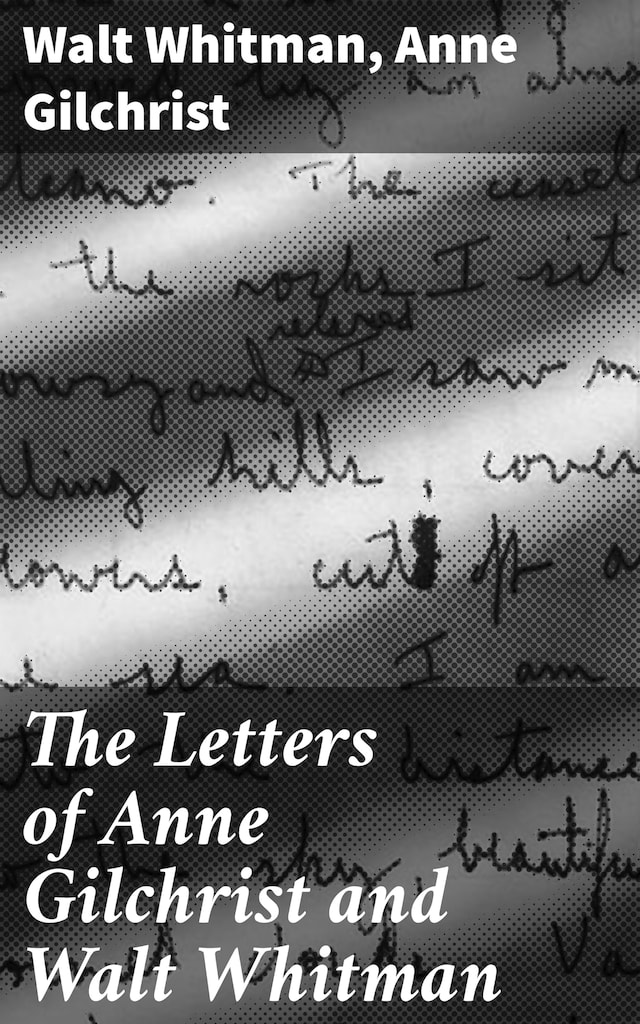
The Letters of Anne Gilchrist and Walt Whitman
Intimate Correspondences: Love, Loss, and Literary Identity in the 19th Century

